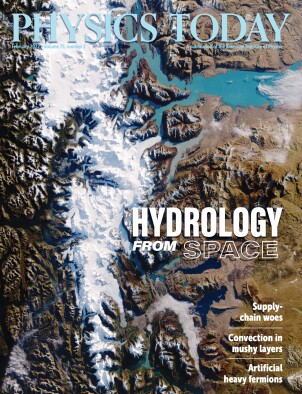Medieval astrometeorology’s legacy
DOI: 10.1063/PT.3.4932
Anne Lawrence-Mathers’s article “Medieval weather prediction
It is nonetheless a serious failing of the article to not call attention to the most striking feature of medieval astrometeorology: It did not work. That Eyno of Würzburg claimed to have predicted heavy snow three times is no more an indication of success than an occasional win yielded by a gambler’s system.
In a follow-up online piece (“The triumphs and failures of astrometeorology
Kepler knew astrology was nonsense but hoped to improve it. His enhancements were equally nonsensical at first, but they drove him toward creating a really good astronomy. I rate astrology a net negative, but nonetheless, we can acknowledge and learn from the ways it was positive. Similarly, while we can learn from medieval astrometeorology, the predictions it produced “worked” only accidentally. I call that a net negative. There is no arithmetic for weighing the pluses and minuses of history. Any such weighing is therefore a personal judgment.
More about the authors
John A. Cramer, (jacramer@bellsouth.net) Tucker, Georgia.




